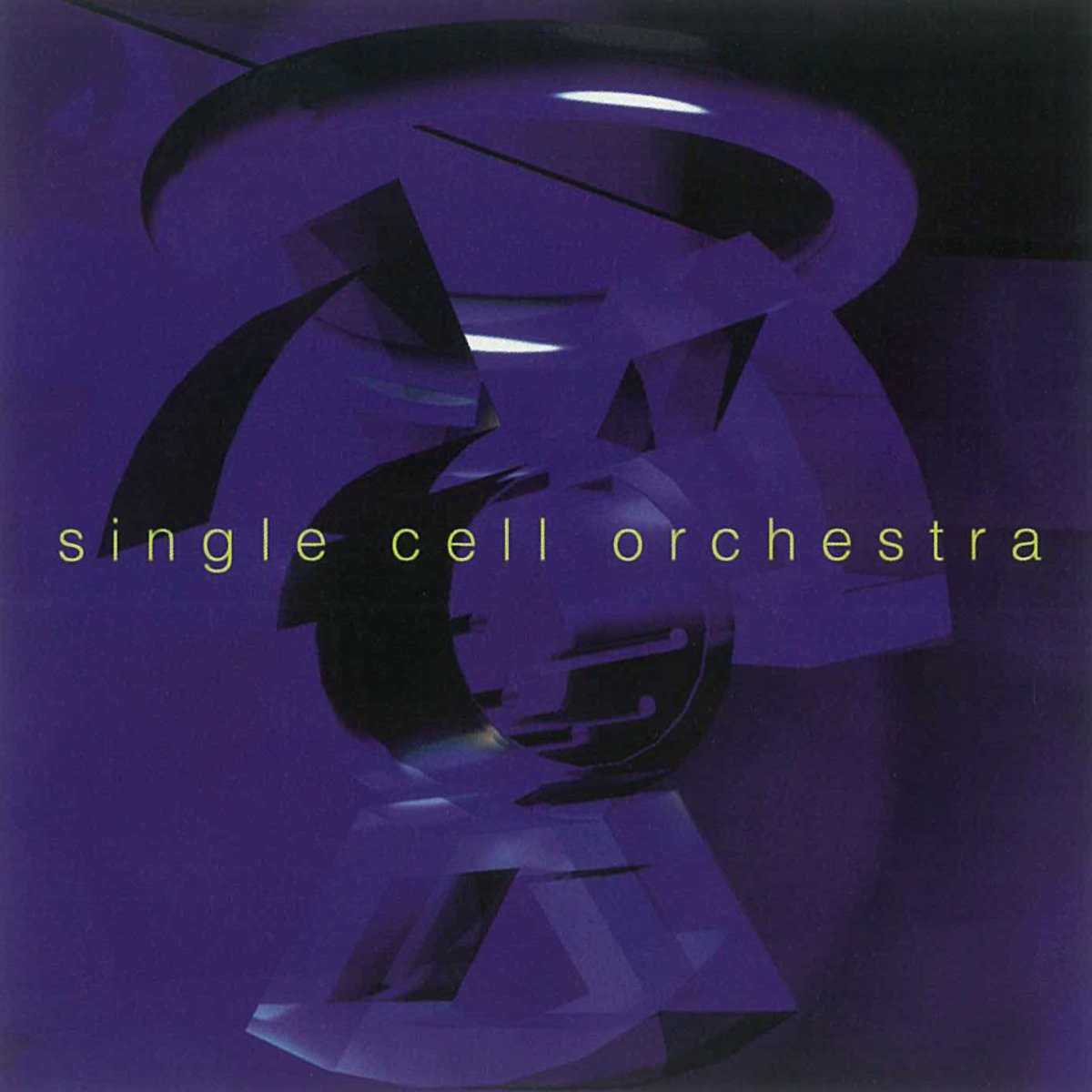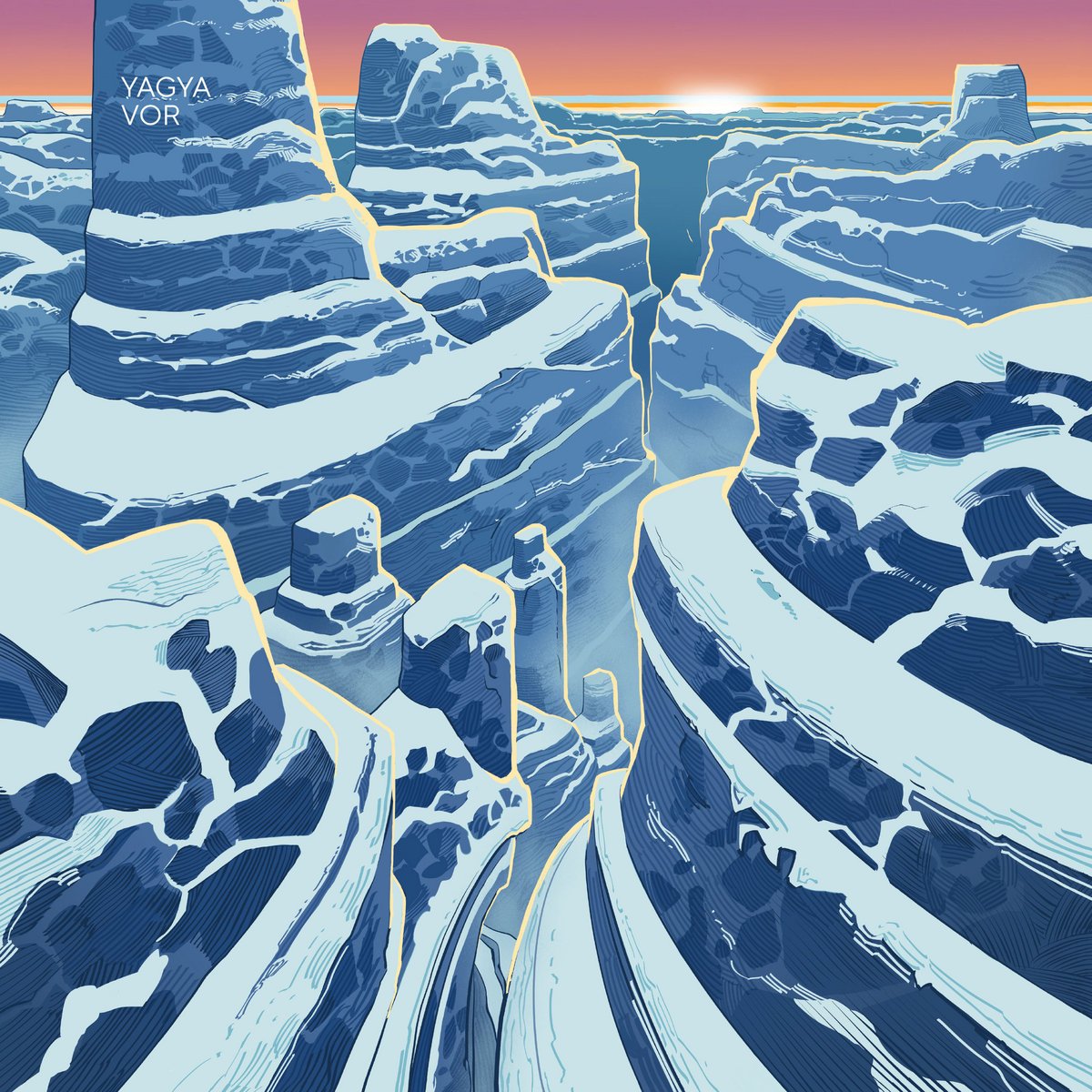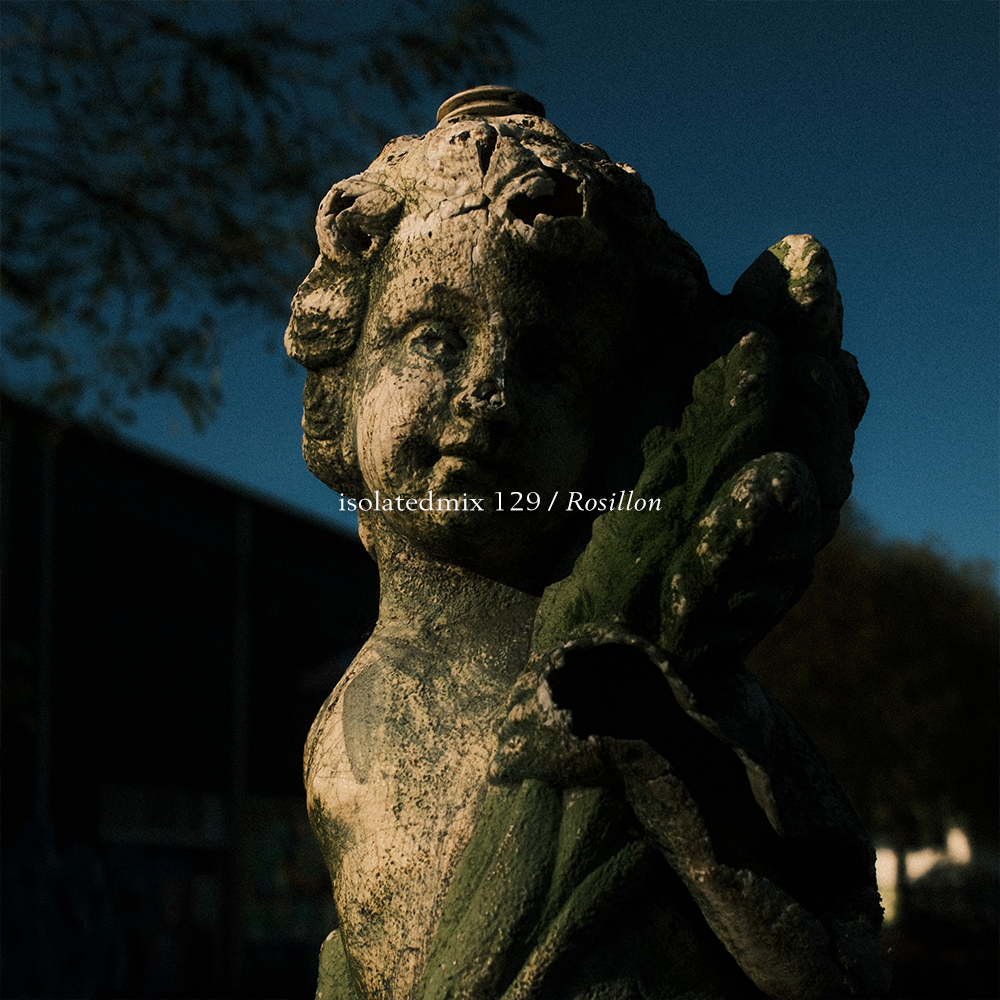His name has been floating around in recent months, after it was announced Jóhann Jóhannsson would take up role scoring the highly pressured Blade Runner sequel. If this news introduced you to the Icelandic composer, then welcome to a shining example of this mans capabilities in Orphée. If you're already aware of Jóhann's work, then join me in welcoming another masterpiece, and his first solo album since 2009.
Inspired by the story of Orpheus from Greek Mythology, the poet became a metaphor for the album and the process of change. It's taken Jóhann over six years to complete this album, without the pressure to finish, and the ideals of "mutability, transition and our relationship with the dead", played a big part in this magnificent score.
Some of the music on the album has been around for quite some time (take this 2012 performance on KCRW of Flight From The City - one of the best pieces on the album shown updated below) and as described in the video above, the album could've continued to evolve if Jóhann hadn't decided to let go - it seems unfinished - just like most artists would lead you to believe, who continually strive to perfect their work. But upon first listen, this is a defining, completed piece, with some of the most emotional compositions you're likely to come across.
As you can imagine from an album drawn out over a long period of time, with no existing boundaries; the pieces each stand on their own, albeit with a slightly dark and ominous tone throughout. Incorporating a range of approaches, from solo cello, organ, string quartet, string orchestra to "the mesmeric sounds of shortwave radio numbers stations”, Orphée, holds true to its ever-changing, evolving inspiration; tracing a path from darkness into light akin to the Greek poet.
The emotion and atmospherics are unparalleled, and without reading too much into the album upon listening, and with Jóhann's background scoring the likes of The Theory Of Everything, I initially believed this was another score for a major motion picture - think James Newton Howard, Mark Isham or Michael Nyman on deck, given the drama and intelligence at work. But, no. This is simply an album of extreme beauty built for its own intent and purposes, reflecting on some very personal stories close to the artist and its development over the years.
I don't normally write about soundtracks on here as they are normally intrinsically tied to a film and best expressed that way. Orphée purposefully stands tall on its own, and it's becoming increasingly clear that Jóhann Jóhannsson is no ordinary composer, exemplified within the range of compositions and emotion at play here.
Listen to the album in full over on NPR.





